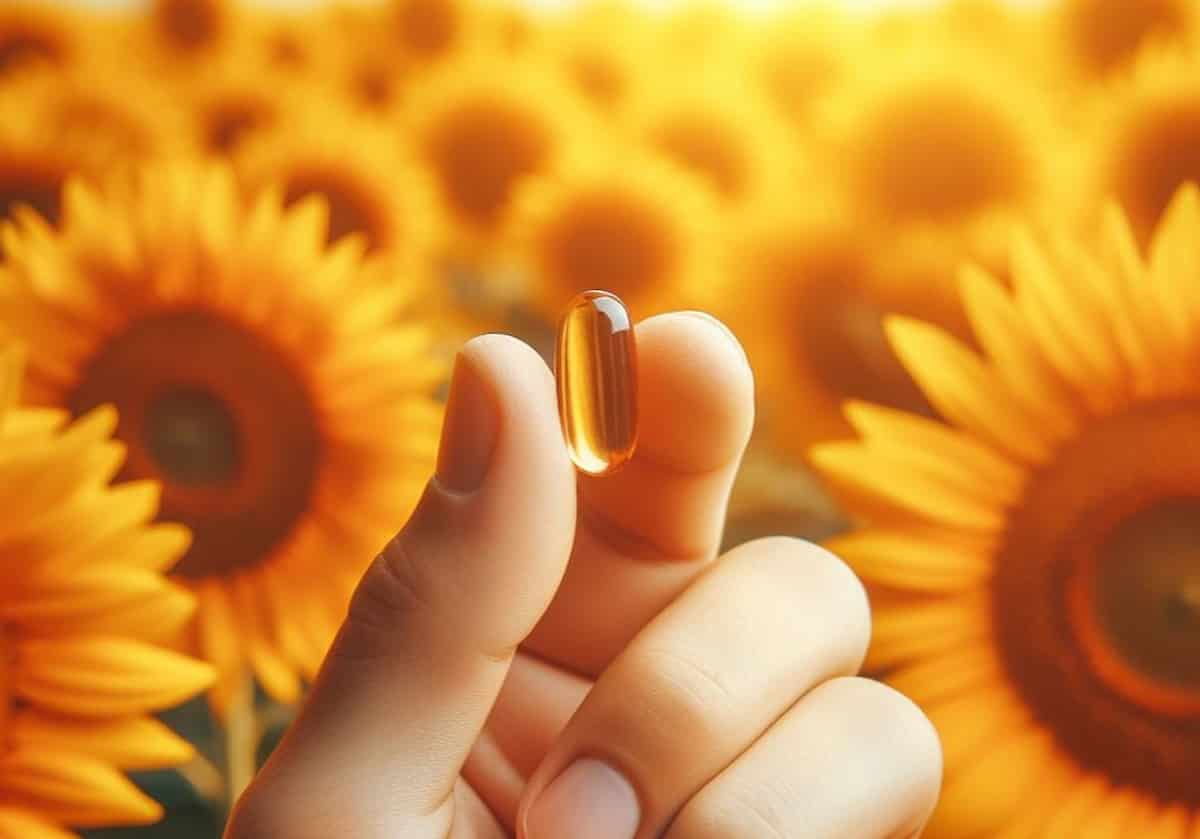Are you getting enough of this crucial vitamin? Up to 50 percent of people might not be.
Depression can be a sign of vitamin D deficiency, research finds.
The vitamin is also thought to play a role in regulating serotonin, a neurotransmitter important for mood.
One study has linked vitamin D deficiency to a 75 percent higher risk of depression.
Symptoms of depression include moodiness, lack of motivation and tiredness.
Depression is also linked to physical symptoms such as headaches, stomach aches, dizziness and muscle pain.
Foods that are rich in vitamin D include oily fish and eggs, but most people get their vitamin D from the action of sunlight on the skin.
That is why levels are typically lower in the body through the winter months in more Northern climes.
Up to 50 percent of young women may be deficient in this vitamin, other research has shown.
One small case study involved 3 women who were given vitamin D replacement therapy for 12 weeks.
All had previously been diagnosed with depression and were taking antidepressants.
The results showed that all three women felt their depression lift significantly.
Dr Sonal Pathak, the study’s first author, said:
“Vitamin D may have an as-yet-unproven effect on mood, and its deficiency may exacerbate depression.
If this association is confirmed, it may improve how we treat depression.”
Although only a small study, other much larger studies have pointed to a link between vitamin D deficiency and depression.
One study included 12,600 people, who had their vitamin D levels and any symptoms of depression tested.
The results showed that people who were more depressed had lower vitamin D levels.
Dr Pathak said:
“Screening at-risk depressed patients for vitamin D deficiency and treating it appropriately may be an easy and cost-effective adjunct to mainstream therapies for depression.”
The study was The Endocrine Society’s 94th Annual Meeting in Houston (Pathak, 2012).

